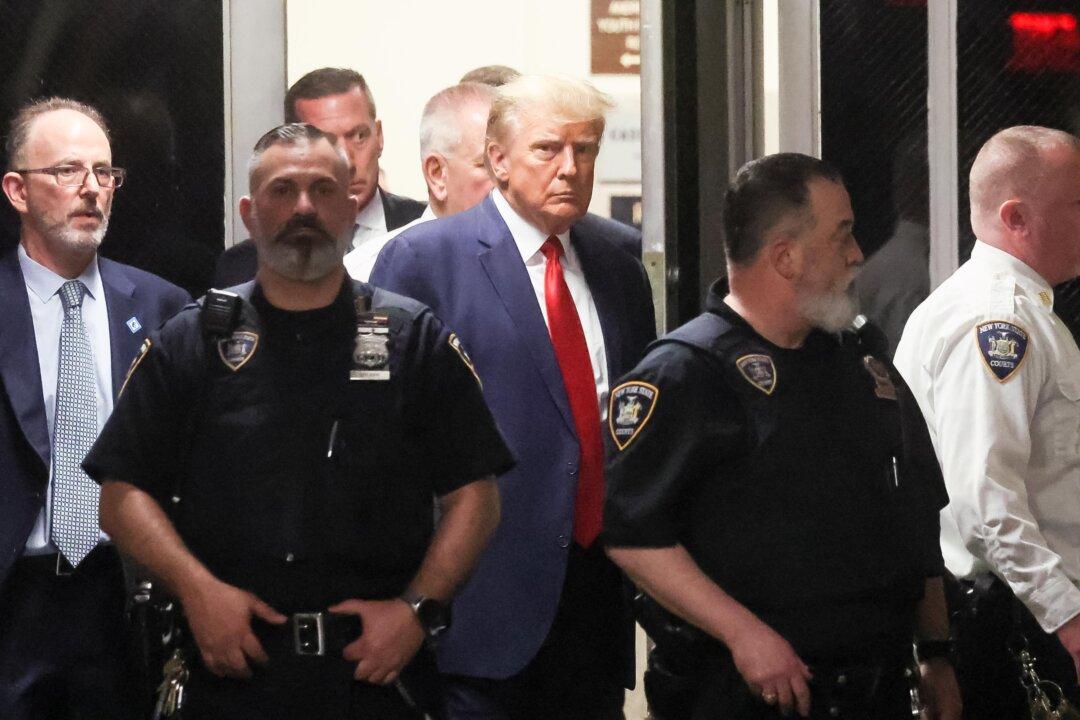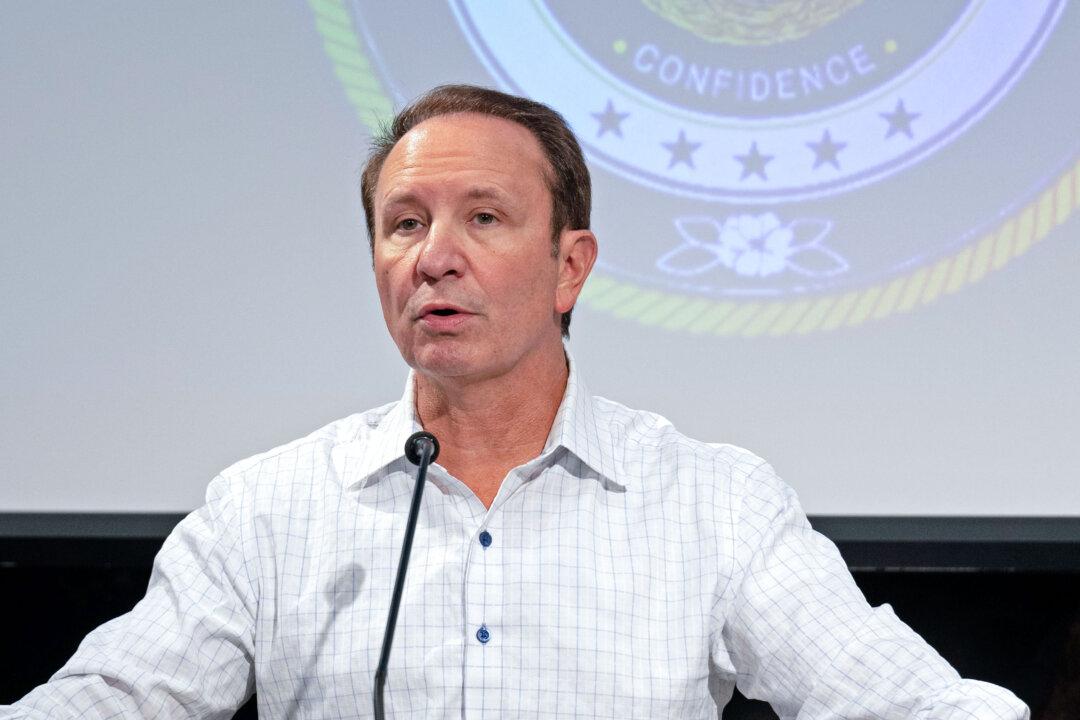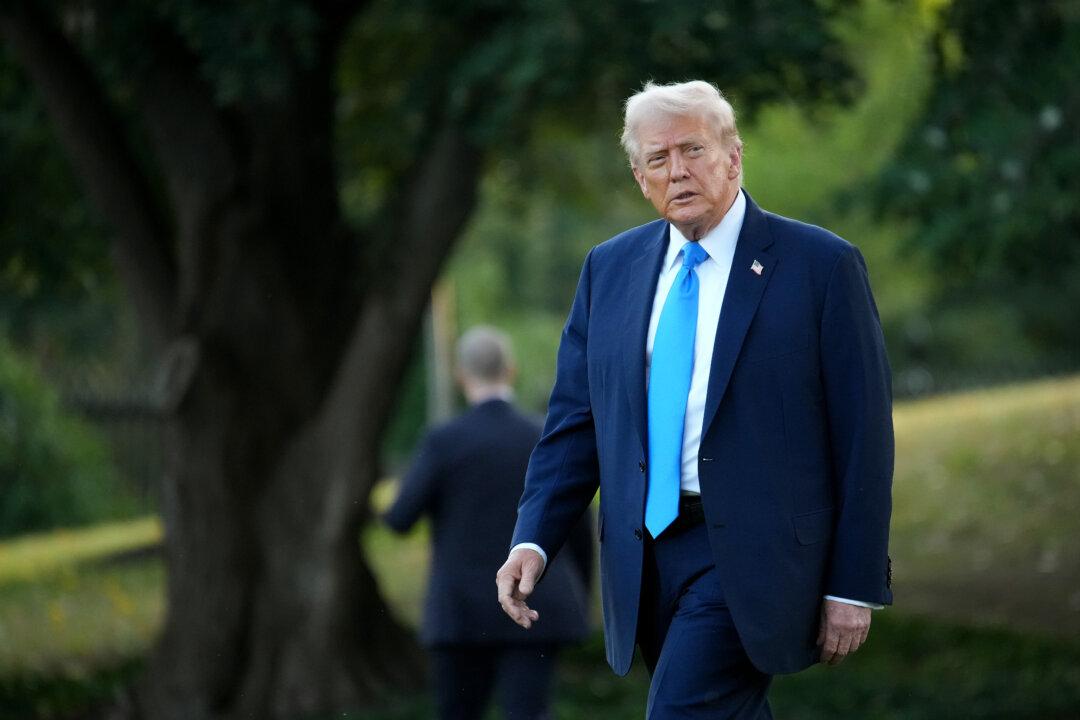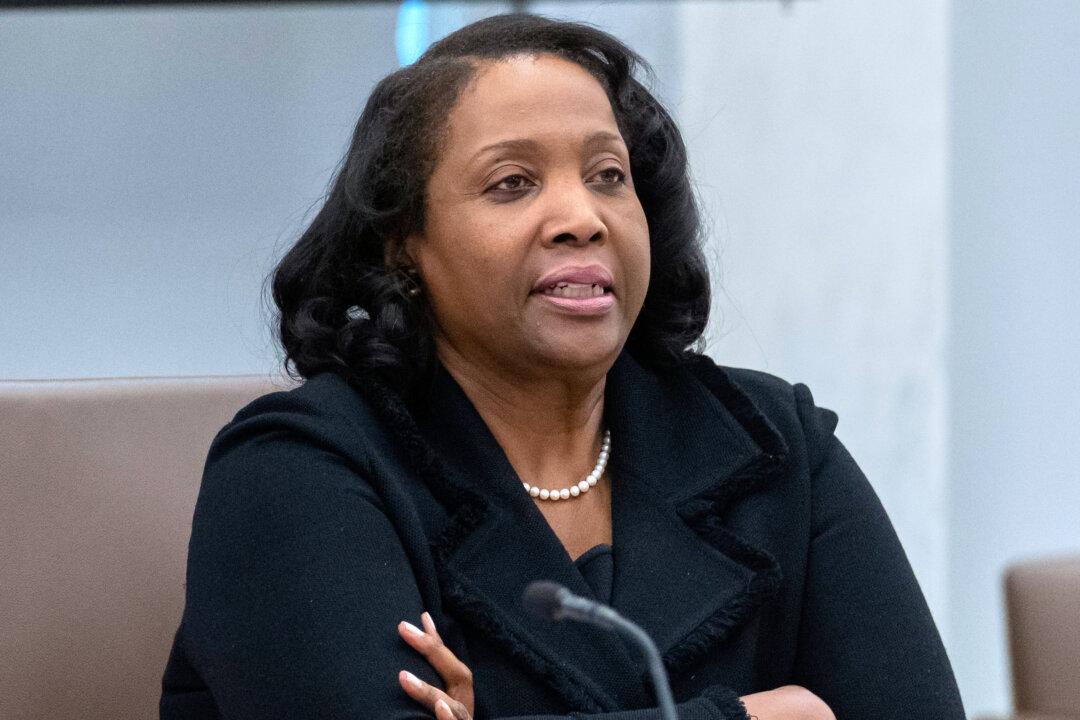NEW YORK—Following the unsealing of the indictment against former President Donald Trump on Tuesday, legal experts say the charges laid out in the indictment are vague, dubious, and lack merit.
“There is no part of the case that is not weak,” Alan Dershowitz, an attorney who taught law at Harvard Law School for nearly 50 years and was part of Trump’s impeachment defense team in 2019, told The Epoch Times in an interview on Wednesday.





